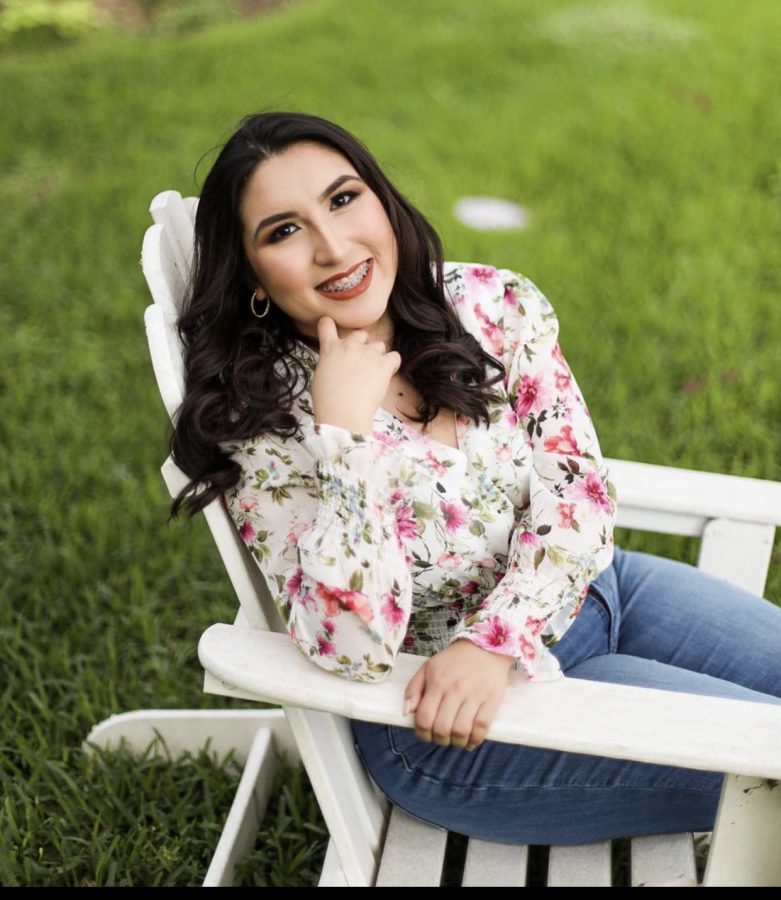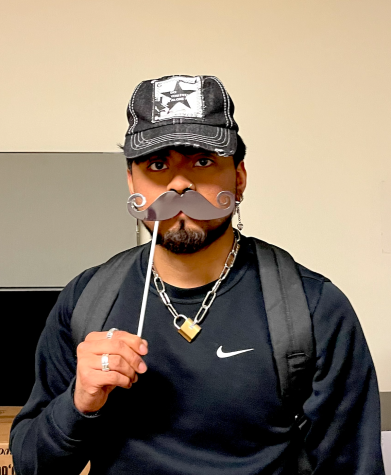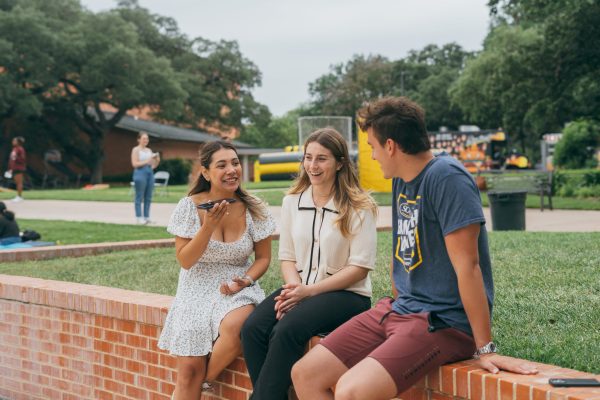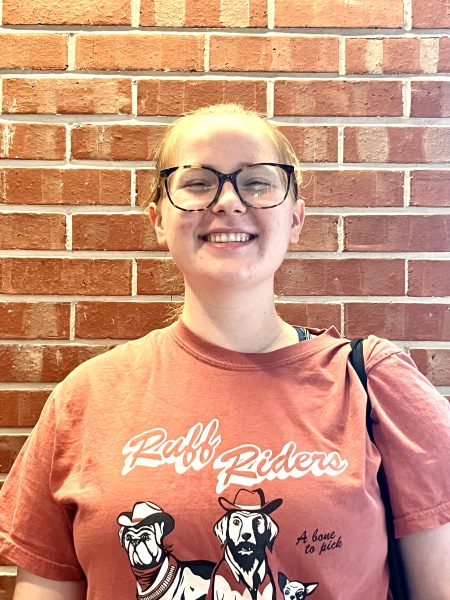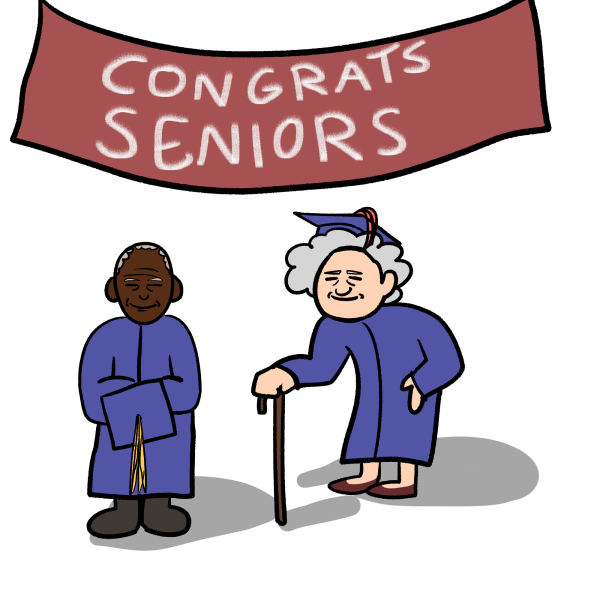Senior Diana Long works to examine inequities in K-12 education
From undergraduate research to her senior thesis, Long refuses to shy away from the ‘second pandemic’ facing San Antonio
Across the nation, the COVID-19 pandemic has exacerbated the segregation of resources in K-12 education. Though many have written and reported on these inequities, Diana Long, senior, has long been aware of these discrepancies in resources because she lived them for most of her life.
The sociology major, born in San Antonio after her family migrated from Coahuila, Mexico in the late nineties, attended Edgewood ISD, a historically underfunded public school district. In 1984, the Mexican American Legal Defense and Educational Fund (MALDEF) filed a lawsuit against commissioner of education William Kirby, citing the segregation of resources in poorer school districts, including Edgewood ISD. In our interview, Long spoke of a similar case, this one from the seventies.
“Edgewood ISD is a [Latino] majority [district] — I think around 98-99% Latino. It’s also a very high poverty district. So in the 70s, Edgewood was involved in a monumental court case fighting for equal funding against Alamo Heights. You can see the disparities between Alamo Heights and Edgewood that’s been going on since the 70s.”
Long, the first from her family to graduate from a higher education institution, felt called to research these inequities as a means to serve her community. In the summer of 2020, and under the guidance of Oscar Jiménez-Castellanos, Chair of the Department of Education at Trinity, the two collaborated with the Oregon Department of Education to research and develop approaches to funding English-language learning in K-12 education. At the end of the summer they produced a 60-page report that included 6 high leverage funding practices for K-12 schools.
“…most of that research was focused on English-language learners in the K-12 language system here in the U.S. Specifically, how to allocate funding for English learners and just recommending best practices to do so through the research,” said Long.
For the senior student, investing in the community has always been the focal point of her undergraduate research. Currently, Long is an undergraduate research assistant for Enrique Alemán in the education department.
“With Dr. Enrique Alemán, we’re working on a lot of different things but I guess the commonality of our projects and our work so far this year has been Latino education — so how can we generate conversations about the Latino education pipeline through research? We know that Latinos don’t continue their education past high school, or even past middle school,” said Long.
In an interview with Telemundo San Antonio this month, translated from Spanish by Kayla Padilla, Long echoed her belief that the K-12 school system needs to be changed structurally.
“I want to change the way that the education system functions in this society — in the United States. Often, the attention to the Latinos, to the students who are learning English — there’s not that support there from the teachers, the district, whoever.”
She continued, “There’s a lack of Latinos [in higher education]. They need to be teachers, they need to be lawyers, they need to be doctors, and we need to see that Latino representation.”
The soon-to-be alumna recently defended her senior thesis titled, “Battling Two Pandemics: The Intersection of COVID-19 and Systemic Racism in San Antonio Schools.” Long’s thesis advisors were Benjamin Sosnaud in the sociology and anthropology department, and Rocío Delgado in the education department.
“My thesis focused on just analyzing the COVID-19 pandemic through an equity lens and to see how the pandemic has exacerbated inequities in education in San Antonio schools. I interviewed a bunch of teachers and got their insights about the structural forces that were in place.”
Long cites Sosnaud and Delgado as two of her mentors this year.
“Writing a thesis was not as easy as I thought it would be, especially in the middle of a pandemic. So it was hard, but they were always so patient.”
Delgado has also played a role in Long’s life outside of being her thesis advisor.
“She’s seen me cry so many times. She’s been helping me decide what the next best steps are for me. So choosing the best graduate program. She’s always there to support me.”
As for someone who has changed her worldview, Long says that Rita Urquijo-Ruiz, professor in the modern languages and literatures department, has made her recognize her place in the world.
“She made me realize my worth, in terms of the work that I’ve done so far and the effort that I put into my studies.”
Long has also had a lifelong mentor since she was fourteen: Simone Carnegie, Trinity University’s Upward Bound Director.
“She wanted me to apply to Trinity and talked me into coming here. It made all the difference. I learned more in Upward Bound than I did in high school, which is really sad to say,” said Long.
Regarding imposter syndrome, Long said that she initially planned to transfer out of Trinity after her first year.
“I remember being in a [Trinity] chemistry class and, when I tell you that chemistry class in high school was just watching YouTube videos. I would see everyone just get everything and understand everything so fast and I was like ‘I am not gonna be able to come here next year.’”
Carnegie, however, convinced Long that she belonged at Trinity just as much as anyone else.
“She was actually like ‘No, you deserve to be here as much as anyone else. You got here for a reason.’ If I would have stuck to my ways and tried to transfer to another university, I’m sure she would have supported me. But I feel that she knew deep down inside that I could overcome it. And I did,” said Long.
Four years later, Long is now preparing to attend UT Austin in the fall to get her Master’s degree in educational policy and planning. When asked about her parents’ reactions to her graduation and graduate school acceptances, she began to get emotional.
“It’s just a crazy amount of orgullo (pride) just seeing how far they’ve come in this country. It makes it all worth it for them. They are so proud of me. I got accepted into Harvard and Columbia which, accomplishing that is like a huge, huge deal. My accomplishments are their accomplishments and I mean that in every sense of the phrase.”

